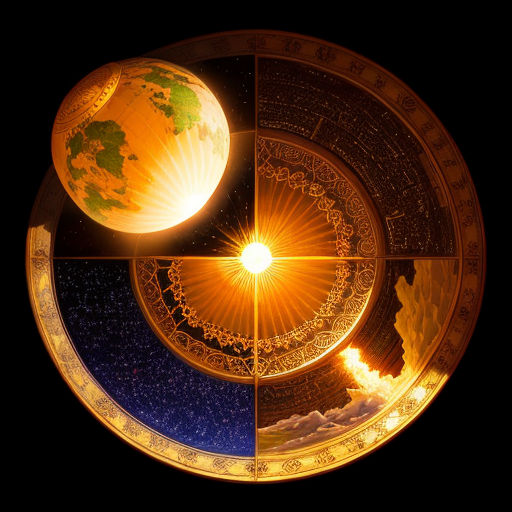
The Creation Chronology
By Carlos

21 Jul, 2023

The Book of Genesis, the first book in the Bible, explains how God created the world and all that is within it. This story, told over the course of seven days, sets the foundation for everything else in the Bible.

On the first day, God created light, separating it from the darkness. This act allowed for the concept of time - day and night. Light is also often associated with knowledge and goodness, suggesting these are fundamental aspects of creation.
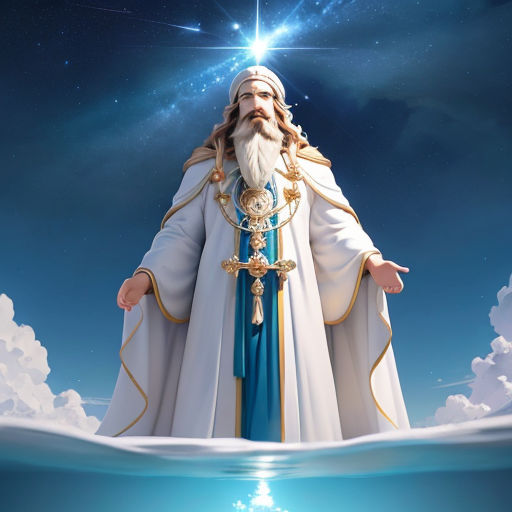
On the second day, God created the sky and separated waters. This not only laid the foundation for weather and climate but, on a deeper level, symbolized the separation between earthly and heavenly realm.
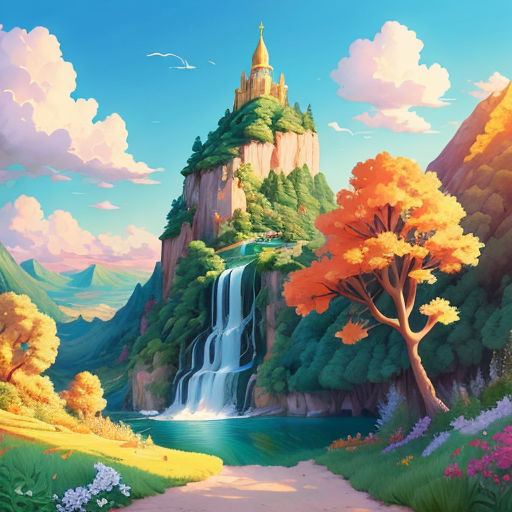
On the third day, God made the dry land appear and created all the plants and trees. In doing so, He provided the means for sustainable life on Earth, allowing for nourishment and growth.

The fourth day brought about the sun, moon, and stars to govern over the day and night. These celestial bodies not only provide light but also help organisms to regulate their lives. This reflects the importance of order and regulation in life.

On the fifth day, God created the creatures of the sea and sky. These creatures, diverse and abundant, fill the earth with life and beauty. Their existence shows a value for diversity and the interconnectedness of life.
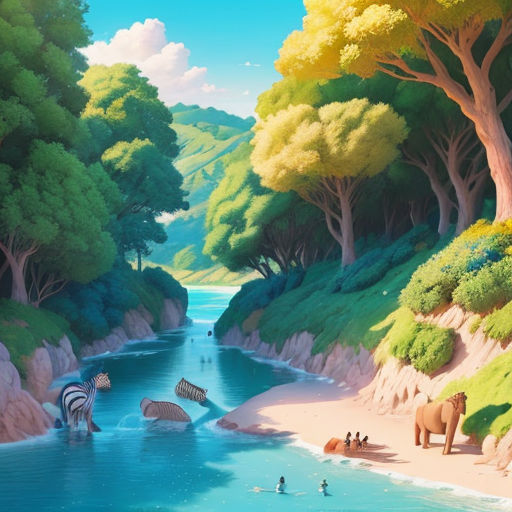
The sixth day saw the creation of land animals and human beings. Humans were given dominion over the other creatures, and God saw all that He had made and declared it "very good." This suggests a value for responsible stewardship and care for the environment.
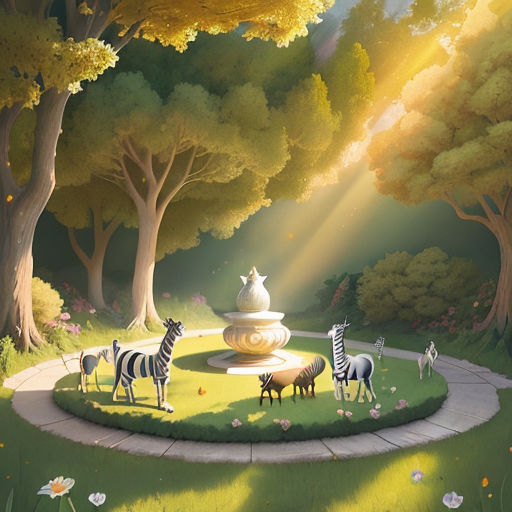
On the seventh day, God rested from all His work. This act of rest marked the conclusion of creation and began a cycle of work and rest that humans were to follow. The day of rest, the Sabbath, is a day of worship and pause, indicating the importance of rest, reverence, and reflection in human life.

The sequence of creation not only demonstrates a logical progression but also reveals the priorities inherent in existence. The creation of a suitable environment before the introduction of life suggests that survival and sustainability are fundamental.

The creation of light before anything else signals the importance of wisdom and understanding. Light allows us to see, to know what is around us, and to see the truth. This places a high value on enlightenment and knowledge.

The creation of the sky and sea on the next day speaks to the vastness of the world and the wonders it holds. It also suggests a separation between the tangible, physical world and the spiritual, heavenly realm, indicating a belief in something greater than us.
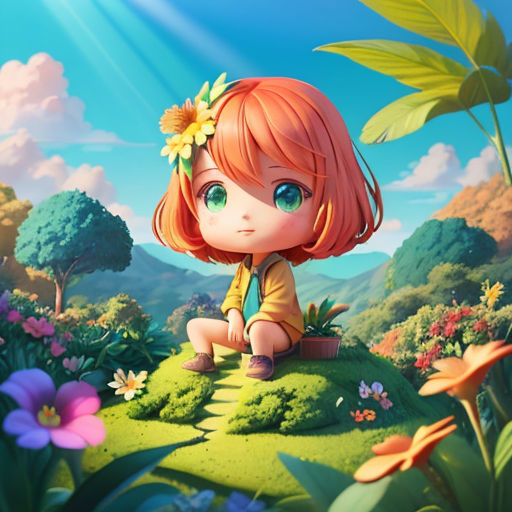
The third day's creation of land and plants points to the importance of sustenance and growth. Producing food and oxygen, plants contribute to the cycle of life—growth, decay, and regeneration—which mirrors the human journey of learning, growing, and evolving.

The fourth day's creation of the sun, moon, and stars symbolizes the structure and rhythm in life. This celestial clock guides various biological processes and seasons, promoting order and predictability, essential aspects of human existence.

God's creation of sea and sky creatures on the fifth day displays diversity's importance. Each creature, unique in its own way, contributes to the ecosystem's health, just as individuality and cooperation are crucial in human societies.

Land animals and humans, created on the sixth day, highlight the interconnectedness of all life forms and the responsibility humans bear. The ability to influence other beings and the environment indicates the significance of responsibility and stewardship.

The seventh day of rest showcases the importance of balance between work and rest, action and inaction. This lesson in rhythm and balance, essential for maintaining health and well-being, reaffirms the values of rest, reflection, and worship.

Ultimately, the order of creation in Genesis is significant for understanding the values and priorities inherent in human existence. It depicts a world designed with care and intention, emphasizing the importance of responsibility, growth, understanding, and balance in life.
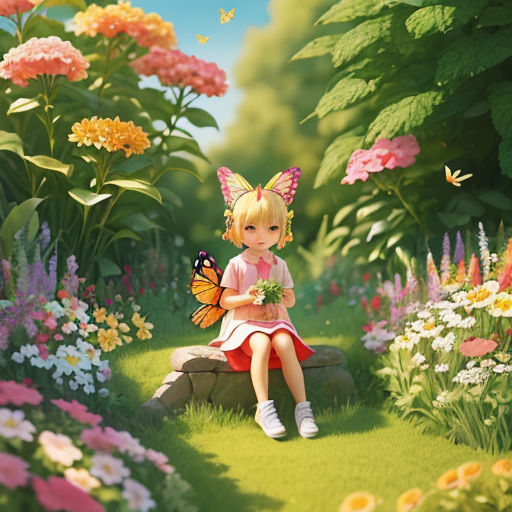
It teaches us that we are part of a complex web of life, each with its role to play. It underscores our responsibility toward the environment, toward the creatures we share the earth with, and toward our fellow human beings.
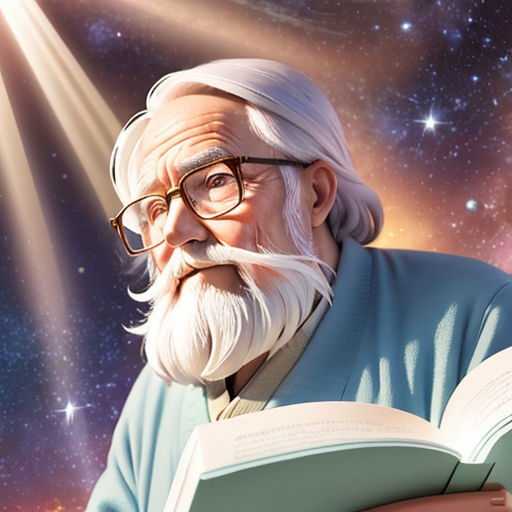
It also highlights the value of knowledge and wisdom, as represented by the first act of creating light. It encourages us to strive to understand the world around us and to seek the truth.
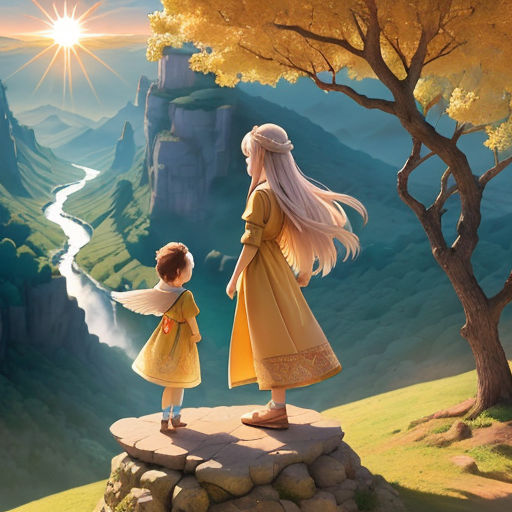
The story of creation in Genesis reminds us of the need for balance and rhythm in our lives—between work and rest, between action and contemplation. It urges us to find time for quiet reflection and reverence.

The significance of the order of creation goes beyond the mere chronological steps God took to form the world. It serves as a blueprint for understanding our purpose, our values, and our responsibilities in the world.

It is a lesson in stewardship, in the importance of caring for the earth and its creatures. It is a call to respect and value diversity, to recognize the unique contribution each individual can make.

It is an admonition to seek knowledge and wisdom, to strive for understanding, and to value truth. It is a reminder of the importance of balance, of finding a rhythm between work and rest, between action and inaction.
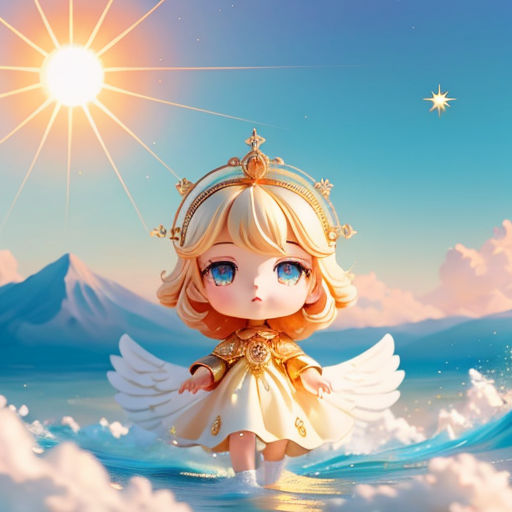
The order of creation in Genesis, therefore, is not just a recounting of the world's formation. It is a profound statement about the nature of existence, about the values and priorities that should guide our lives.
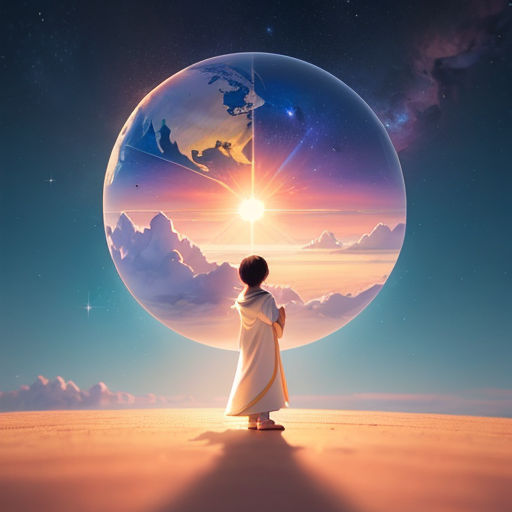
In essence, the creation story in Genesis serves as a blueprint for understanding our own place in the world. The order in which God created the world provides valuable insights into the nature of human existence and the values and responsibilities we should uphold.
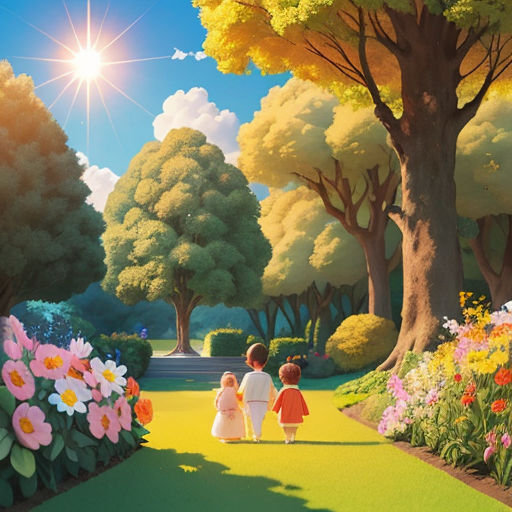
So, as we reflect on the creation story, let's remember its deeper significance. It's not just about how the world was made, but also about how we should live in it. The creation story is a guide, providing us with the foundational principles for a meaningful existence.
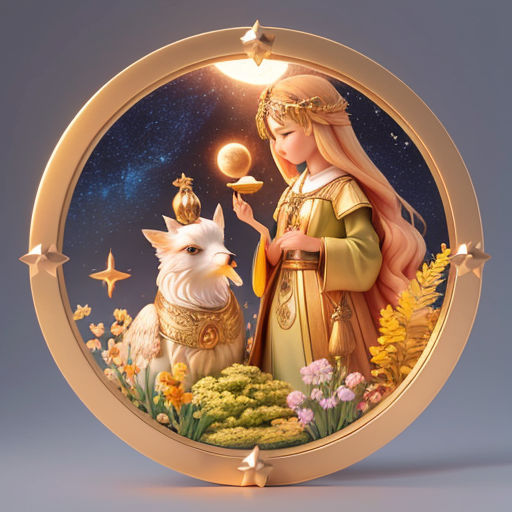
In conclusion, the order of creation in Genesis can provide significant insights into the priorities and values of human existence. From the importance of wisdom, to the value of diversity, to the necessity of balance, the creation story serves as a guide for how to live in harmony with the world and with each other.

It's a story that teaches us about the beauty of the world, the importance of our role within it, and the need for caring stewardship. It's a story that underscores the importance of seeking wisdom, respecting diversity, and maintaining balance in our lives.

The Genesis creation story, therefore, is more than just a tale of how the world came to be. It is an allegory that teaches us meaningful life lessons and sets the framework for living a purposeful life in harmony with the world.

The order in which God created the world, as detailed in the Book of Genesis, is a blueprint that can guide us throughout our lives. It illuminates the aspects of our existence that truly matter and encourages us to live in a way that acknowledges and respects these priorities.
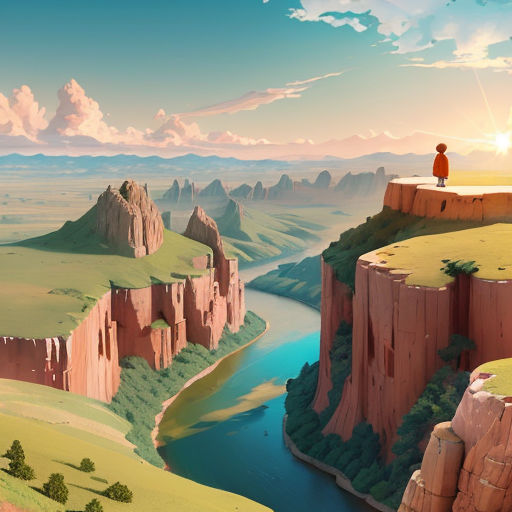
This profound narrative provides a roadmap for living a meaningful life filled with understanding, responsibility, diversity, and balance. It serves as a constant reminder of our place in the grand scheme of things and the significant role we are meant to play.
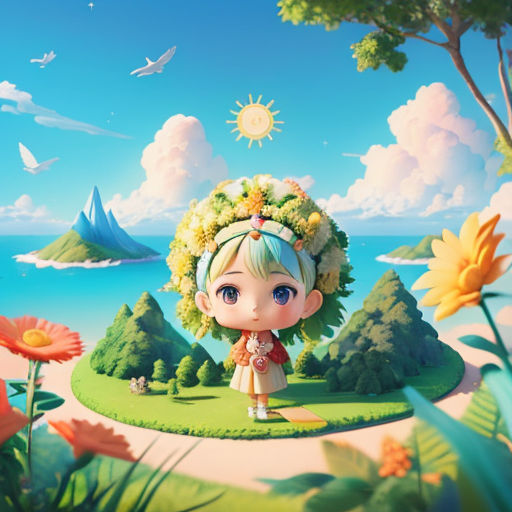
Therefore, reflecting on the order of creation in Genesis can help us gain clarity about our purpose and duties in life. It underscores our connectedness with the world, our responsibility towards it, and our journey towards gaining wisdom and maintaining balance in life.
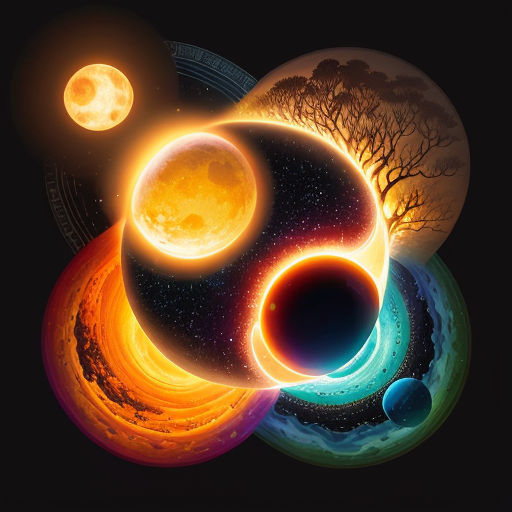
Each day of creation highlights fundamental values that can guide our lives. From the creation of light symbolizing wisdom, to the creation of diverse life forms signifying diversity, to the day of rest emphasizing balance, Genesis presents a holistic roadmap for a meaningful human existence.
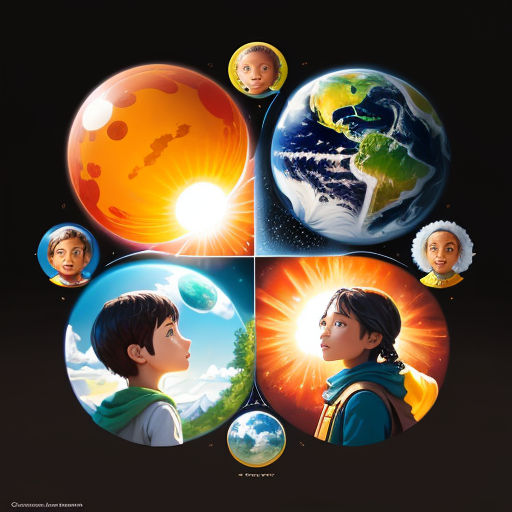
The creation narrative in Genesis thus encourages us to view our existence as part of a larger, interconnected whole. It prompts us to seek wisdom, appreciate diversity, uphold responsibility, and pursue balance as we navigate our life's journey.

All in all, the significance of the order in which God created the world in Genesis is profound, providing a framework for understanding the priorities and values of human existence. It is a guide that sets the stage for a harmonious and meaningful life in this wonderfully diverse and beautifully interconnected world.